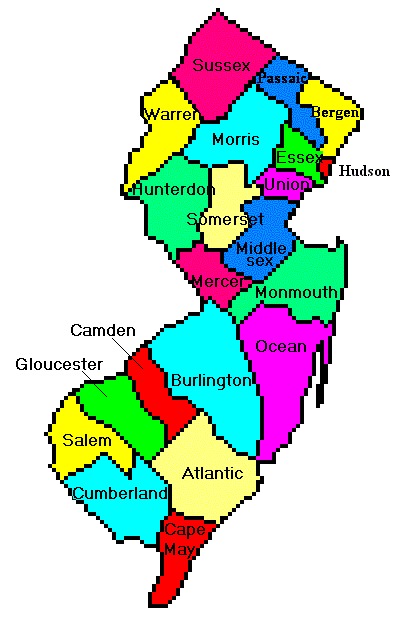|
Home
General Information
Race
Income
Public Assistance
Population
|

|
A correlation is a complementary, parallel, or reciprocal relationship, especially a
structural, functional, or qualitative correspondence between two
comparable entities.
It presents a different way of looking at data. I used the data from
ESSAY ONE
and I correlated it with other demographic data found on the
census website. The purpose of the project was to see if things like
race, poverty and education correlated with the total number of AIDS
cases for that area. Based on my data for the various county
subdivisions surrounding Trenton, New Jersey, I noticed that there were
not many correlations. I observed that only three of my topics that I
had chosen from the census website had a correlation with the total
number of AIDS cases. |
|
In order to decide if a
correlation is present between the data, you need to first find the
degree of freedom. Based on the handout that was given in class, the
number of the degree of freedom is two minus the total number of samples
that you are correlating. The next step is to find the correlation
coefficient. The correlation coefficient is found by taking the percent
of the demographic data and the total number of AIDS cases and putting
it into a function in the Microsoft Excel worksheet. The next step is to
find the confidence level. This number ranges from .10, to 0.1. The
number calculates how sure a person is about the correlation. Each
decimal represents a different percent of confidence. For example, 0.10
means that a person is ninety percent confident that there is
correlation between the data. The degree of freedom for my data is
sixteen because I have eighteen samples. I tried to use a lot of the
demographic information because I do not have many samples. To my
surprise, nothing seemed to correlate. I think that no correlation
existed because I have data for many different counties near Trenton and
not for the cities close to Trenton like Ewing and Hamilton for example.
Most of cities that I have data for are at least twenty or more minutes
away from my house. |
|

